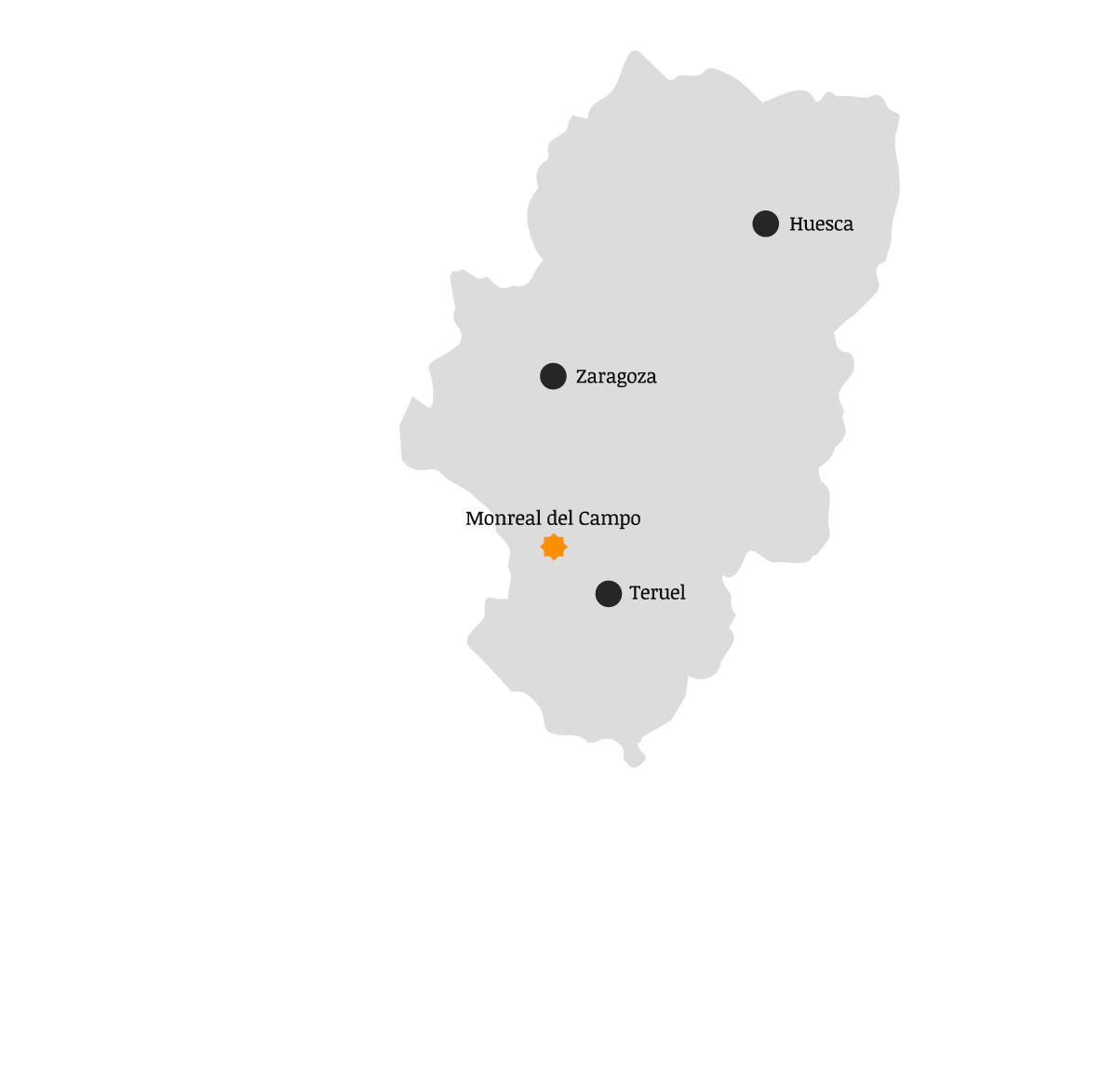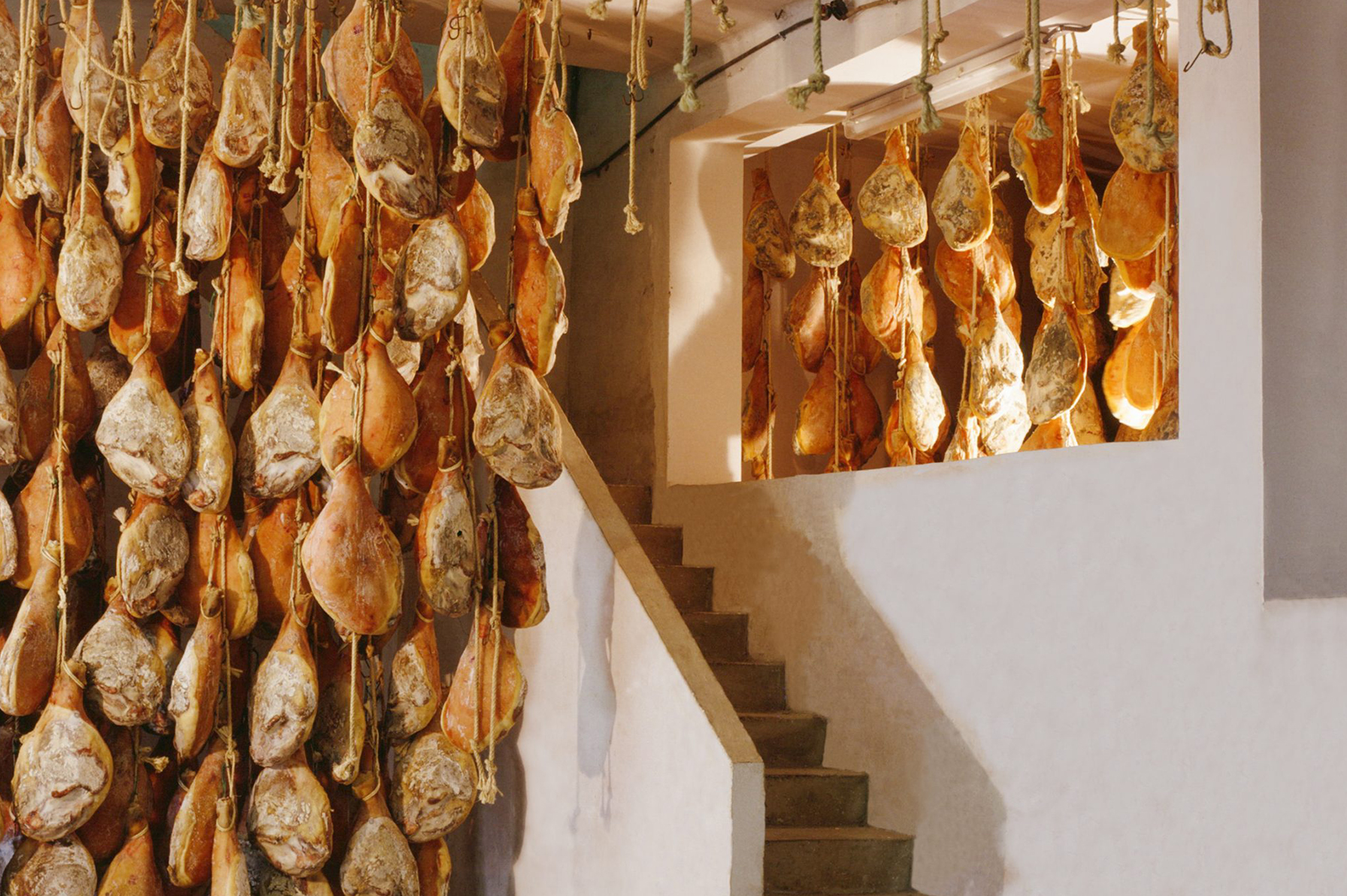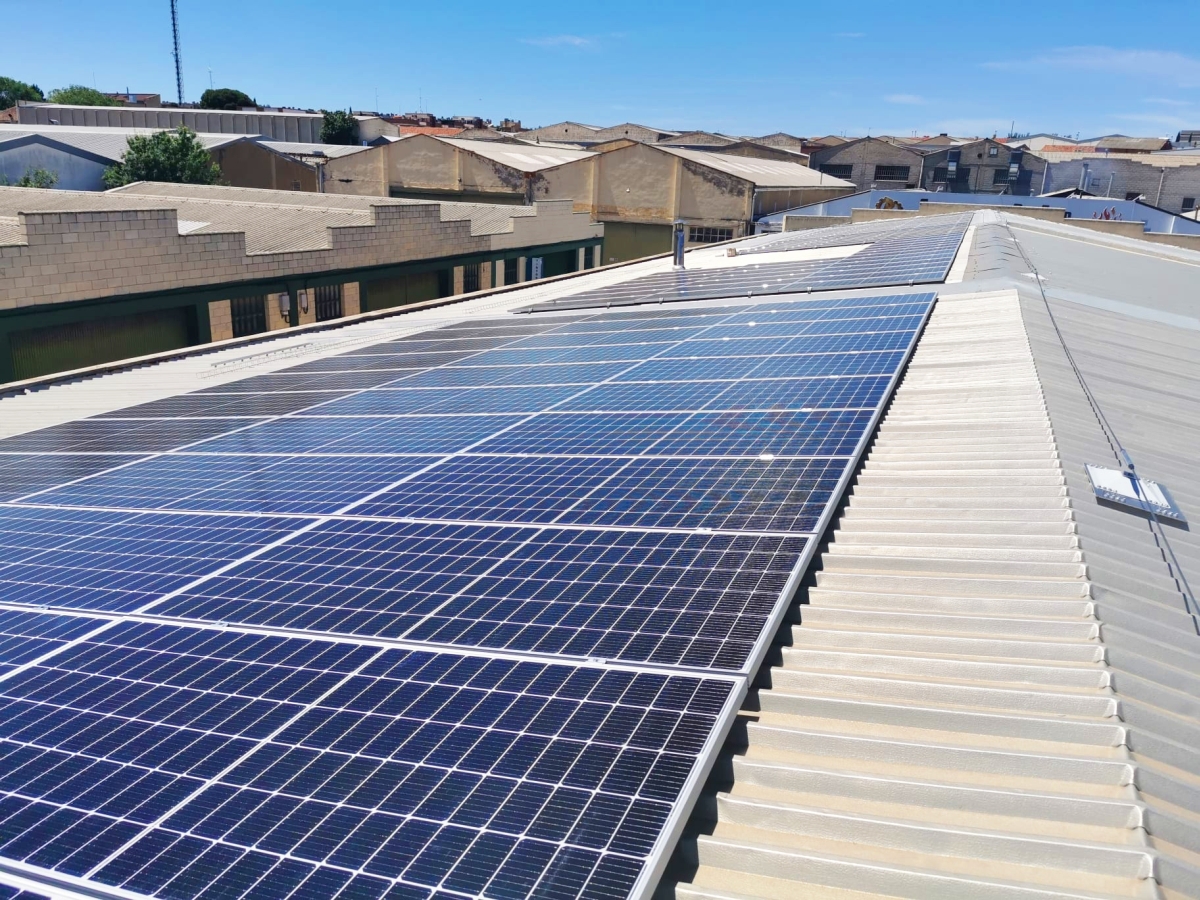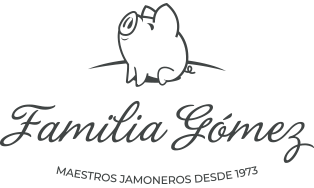Sustainability & Ham
Sustainable development in ham production
Km 0 product · Sustainable development · Carbon footprint control · Use of solar panels · CSR (Corporate Social Responsibility)
UN Sustainable Development Goals SDGs
SDGs are the capital master plan to achieve a sustainable future for all of us. It includes the interrelationship of global challenges we confront everyday such as poverty, inequality, climate change, environmental degradation, prosperity, peace and justice. It´s important to achieve every one of these goals from now to 2030, just to not to leave anyone behind.

Life Cycle Analysis (LCA)
LCA considers the whole cycle of a product, of a process or of an activity, from its origin as raw material to its life end as a residue.
The main objective of this study is to evaluate all processes that are included in elaboration of ham. We value every step we take in the whole Ham Life Cycle from its origin (raw material) to its end (product) to calculate carbon, water and environmental footprint that are originated while the product life cycle.
Protected Denomination of Origin “Jamón de Teruel/Paleta de Teruel” is the first PDO of Spanish meat industry that analyses Life Cycle and Carbon Footprint of its products. This LCA is fulfilled Cradle to Gate.
The meaning of this sustainability strategy is to achieve these goals:
- To contribute to SDGs Agenda for 2030.
- To come ahead of time of Bioeconomy Goals in Spain.
- To increase sustainability.
- To make grow companies resilience to climate change.
- To change meat industry paradigm to sustainability.

Environmental Footprint
Environmental footprint of a product measures direct and indirect environmental impact of it all along its life cycle. The objective of this index is to minimize environmental impact.
Water Footprint
Water footprint quantifies water consumption of the whole life cycle of product. This index gives us a complete analysis of life cycle of product. Consequences in water footprint in this LCA come from all activities in the process of making this product.
Carbon Footprint
Carbon footprint measures the whole quantity of greenhouse gas emissions while the process of elaboration, directly and indirectly.
Carbon footprint has been calculated for a 9 kg PDO Teruel ham. Greenhouse gas emissions for this product are 548,277 g CO2/ham.
For our company, Jamones Sierra Palomera, direct emissions (94,16%) are higher than direct emissions (5,84%), as a result of facilities energy consumption and materials transport
If you want to have more information about this study you can unload the complete analsys in this link.
These results let us make decisions to improve facilities and processes of our products. We develop ourselves to be sustainable.

We collaborate with Zaragoza Food Bank.





